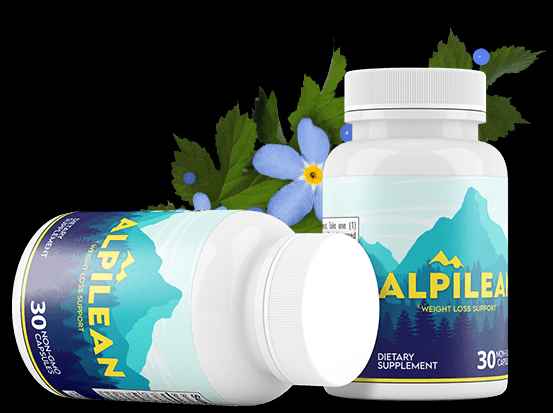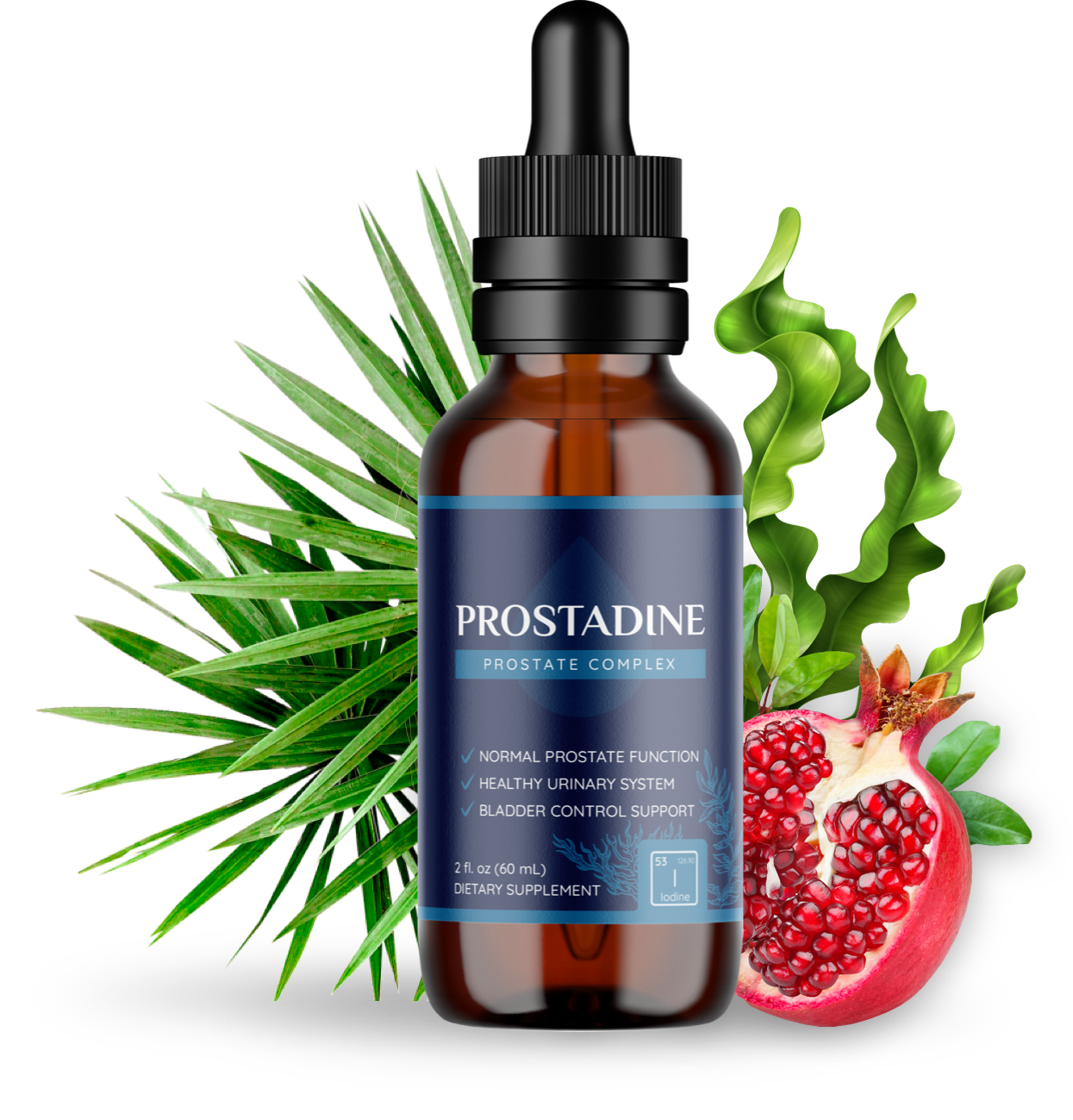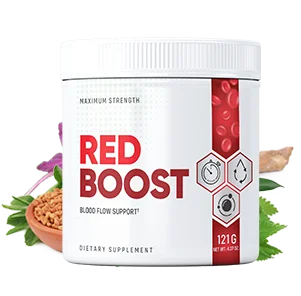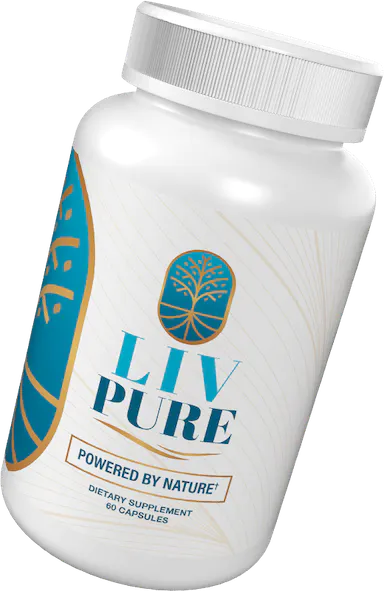You start your morning with a bowl of oatmeal made with almond milk, a drizzle of maple syrup, and a sprinkle of granola on top. It seems like a wholesome, nourishing breakfast, but add it up, and you might be getting more than the recommended 25 grams of added sugar before 9 AM without even […]
The post Is Sugar Bad for You? Here’s What Dietitians Have to Say appeared first on MyFitnessPal Blog.
You start your morning with a bowl of oatmeal made with almond milk, a drizzle of maple syrup, and a sprinkle of granola on top. It seems like a wholesome, nourishing breakfast, but add it up, and you might be getting more than the recommended 25 grams of added sugar before 9 AM without even realizing it.
As a dietitian who specializes in added sugar and its impact on health, I see this all the time in my practice. The truth is, sugar isn’t automatically bad (1). Naturally occurring sugars in foods like fruit and dairy come bundled with fiber, vitamins, minerals, and other health-protective substances (1).
But added sugars—the kind manufacturers mix into foods and beverages to enhance the taste and texture—are a different story. They’re easy to overdo, even when you’re trying to make nutritious choices (2).
Consistently eating high amounts of added sugar can leave you feeling drained, craving more sugar, and has been associated with weight gain and other health challenges over time (2). That said, you don’t have to quit sugar or skip your favorite foods. In this article, I’ll share what sugar does in your body, why added sugar matters, and how to make healthier, more sustainable choices without giving up what you love.
Not All Sugar Is Created Equal
When people talk about cutting back on sugar, they often wonder about the sugar in sweet fruits like watermelon and bananas. For the sake of lowering your added sugar intake, you don’t have to worry about the sugar in natural, whole foods, like fruit and plain yogurt (1). That’s because not all sugar is the same, and your body responds differently depending on the source (1).
Natural vs. Added Sugar
There’s a big difference between the sugar in an apple and the sugar in a frosted donut. Natural sugars are found in whole foods like fruit and plain dairy, where they’re bundled with nutrients that support health and slow the release of sugar into your bloodstream (1).
Added sugars, like cane sugar, honey, maple syrup, and fruit juice concentrate, are added during processing or preparation to enhance flavor (2). You’ll find them in everything from sweetened drinks and yogurts to salad dressings, frozen meals, and even bread (2).
While your body converts all sugar to glucose, added sugars are far easier to overconsume, especially since they’re found in about 60% of packaged foods (3). And unlike natural sugars, they don’t offer the same nutritional value (1).
As MyFitnessPal dietitian Katherine Basbaum explains, “The Dietary Guidelines for Americans recommends limiting added sugar as much as possible, to no more than 100–150 calories per day (4).”
Why Added Sugar Gets a Bad Rap
There’s a reason health experts warn about added sugar. High intake has been linked to various health issues in research (5). “Overconsumption of added sugar is very common and has been associated with metabolic health concerns, including type 2 diabetes, insulin resistance, weight gain, and obesity,” explains Denise Hernandez, MyFitnessPal dietitian (5).
Added sugar can contribute to increases and subsequent drops in blood sugar levels, which may leave you feeling tired, hungry, and craving more (2). These swings can
Recommended Story For You :

The alpine secret for healthy weight loss

The Most Potent Fast-Acting Formula For Incinerating Stubborn Fat

Real Cortexi Users Real Life‑Changing Results

This Cold Drink Might Trigger Your Prostate

Red Boost is a powerful new formula for boosting male sexual health.

Everything you eat or drink eventually reaches your liver for processing.

Brand New Probiotics Specially Designed For The Health Of Your Teeth And Gums
